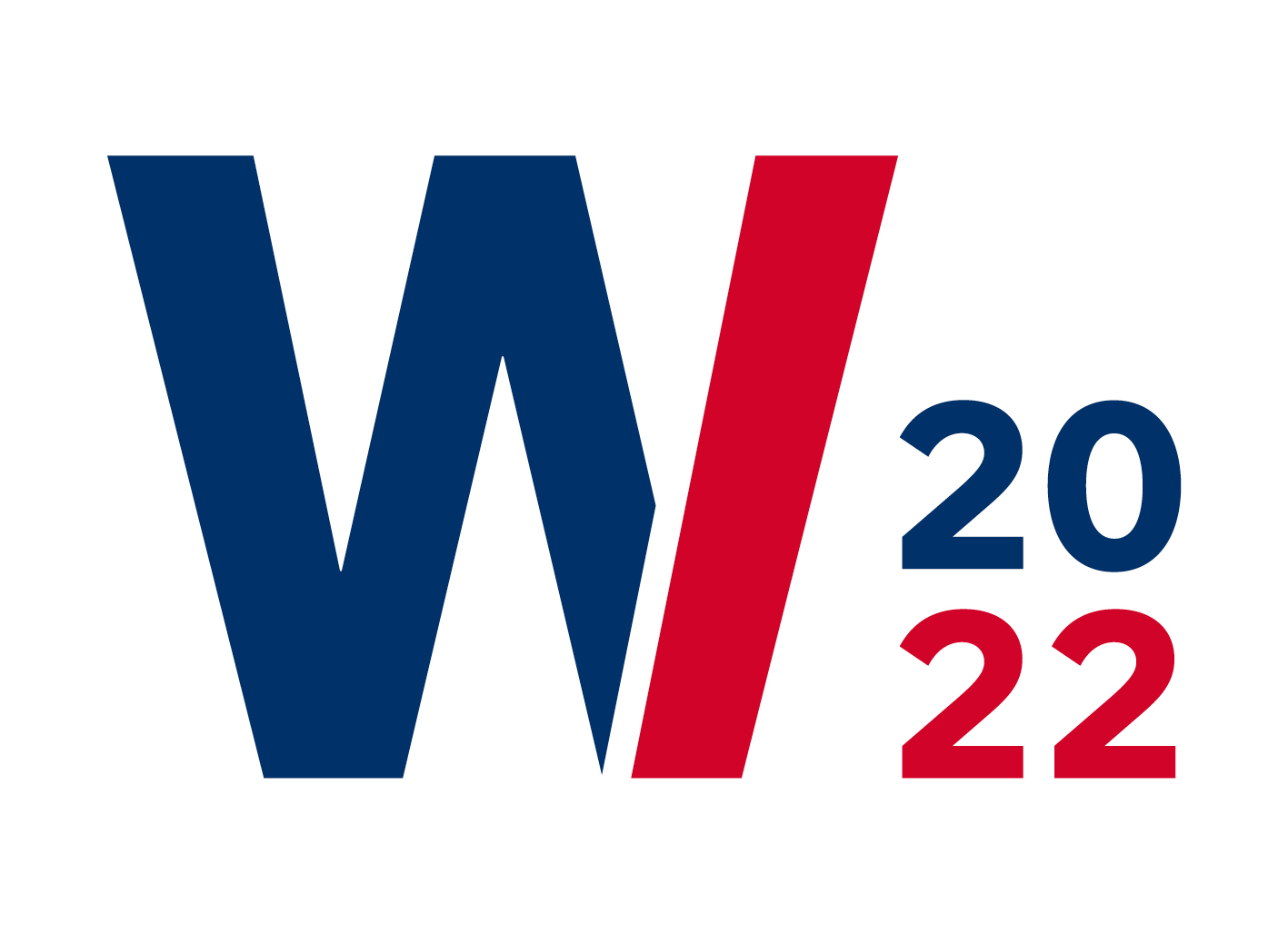Description
Digital twins enable the modeling and simulation of real-world entities (objects, processes or systems), resulting in improvements in the associated value chains. The emerging field of quantum computing holds tremendous promise for evolving this virtualization towards Quantum (Digital) Twins (QDT) and ultimately Quantum Twins (QT). The quantum (digital) twin concept is not a contradiction in terms - but instead describes a hybrid approach that can be implemented using the technologies available today by combining classical computing and digital twin concepts with quantum processing. This paper presents the status quo of research and practice on quantum (digital) twins. It also discuses their potential to create competitive advantage through real-time simulation of highly complex, interconnected entities that helps companies better address changes in their environment and differentiate their products and services.
Recommended Citation
Amir, Malik; Bauckhage, Christian; Chircu, Alina; Czarnecki, Christian; Knopf, Christian; Piatkowski, Nico; and Sultanow, Eldar, "What can we expect from Quantum (Digital) Twins?" (2022). Wirtschaftsinformatik 2022 Proceedings. 15.
https://aisel.aisnet.org/wi2022/workshops/workshops/15
What can we expect from Quantum (Digital) Twins?
Digital twins enable the modeling and simulation of real-world entities (objects, processes or systems), resulting in improvements in the associated value chains. The emerging field of quantum computing holds tremendous promise for evolving this virtualization towards Quantum (Digital) Twins (QDT) and ultimately Quantum Twins (QT). The quantum (digital) twin concept is not a contradiction in terms - but instead describes a hybrid approach that can be implemented using the technologies available today by combining classical computing and digital twin concepts with quantum processing. This paper presents the status quo of research and practice on quantum (digital) twins. It also discuses their potential to create competitive advantage through real-time simulation of highly complex, interconnected entities that helps companies better address changes in their environment and differentiate their products and services.


